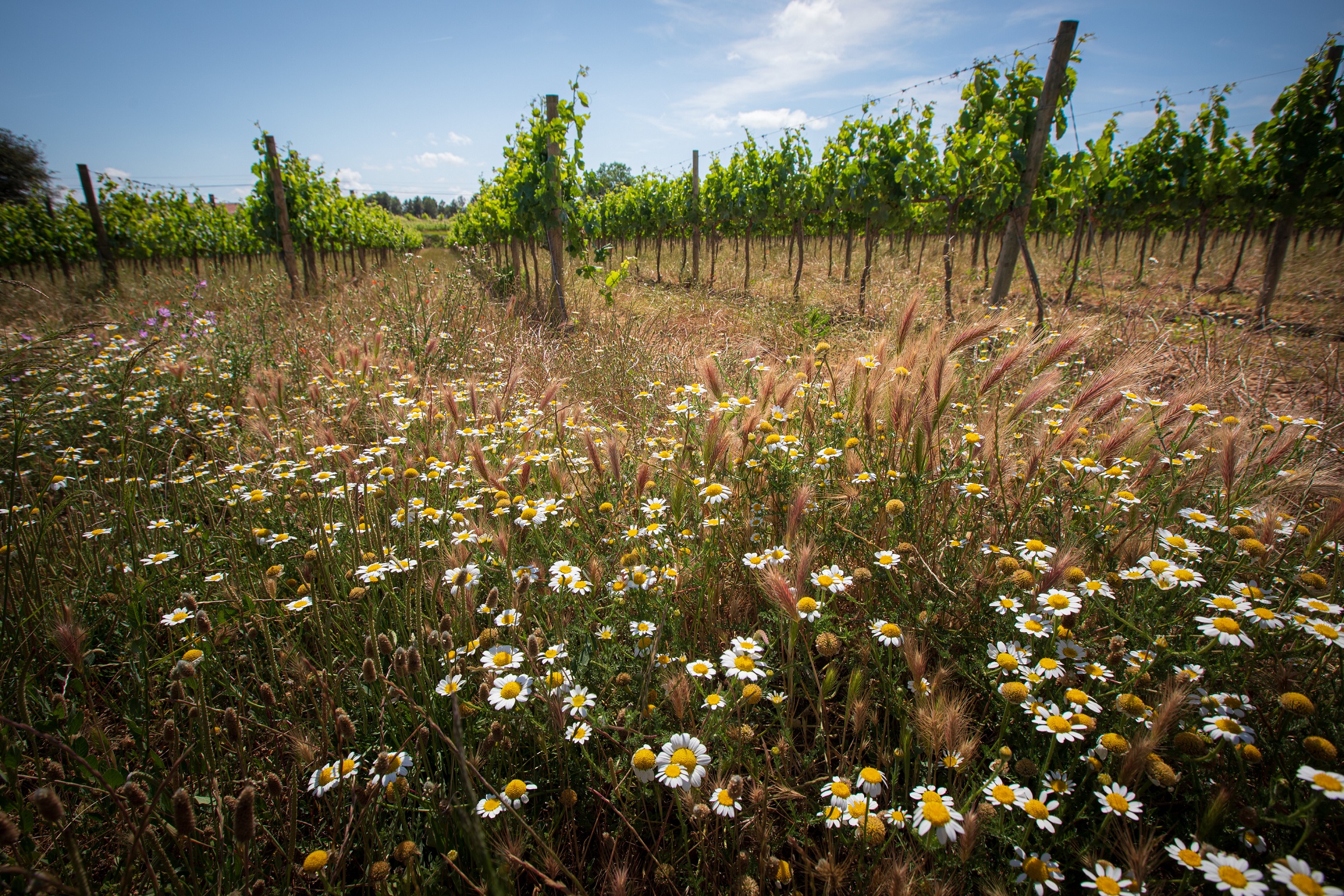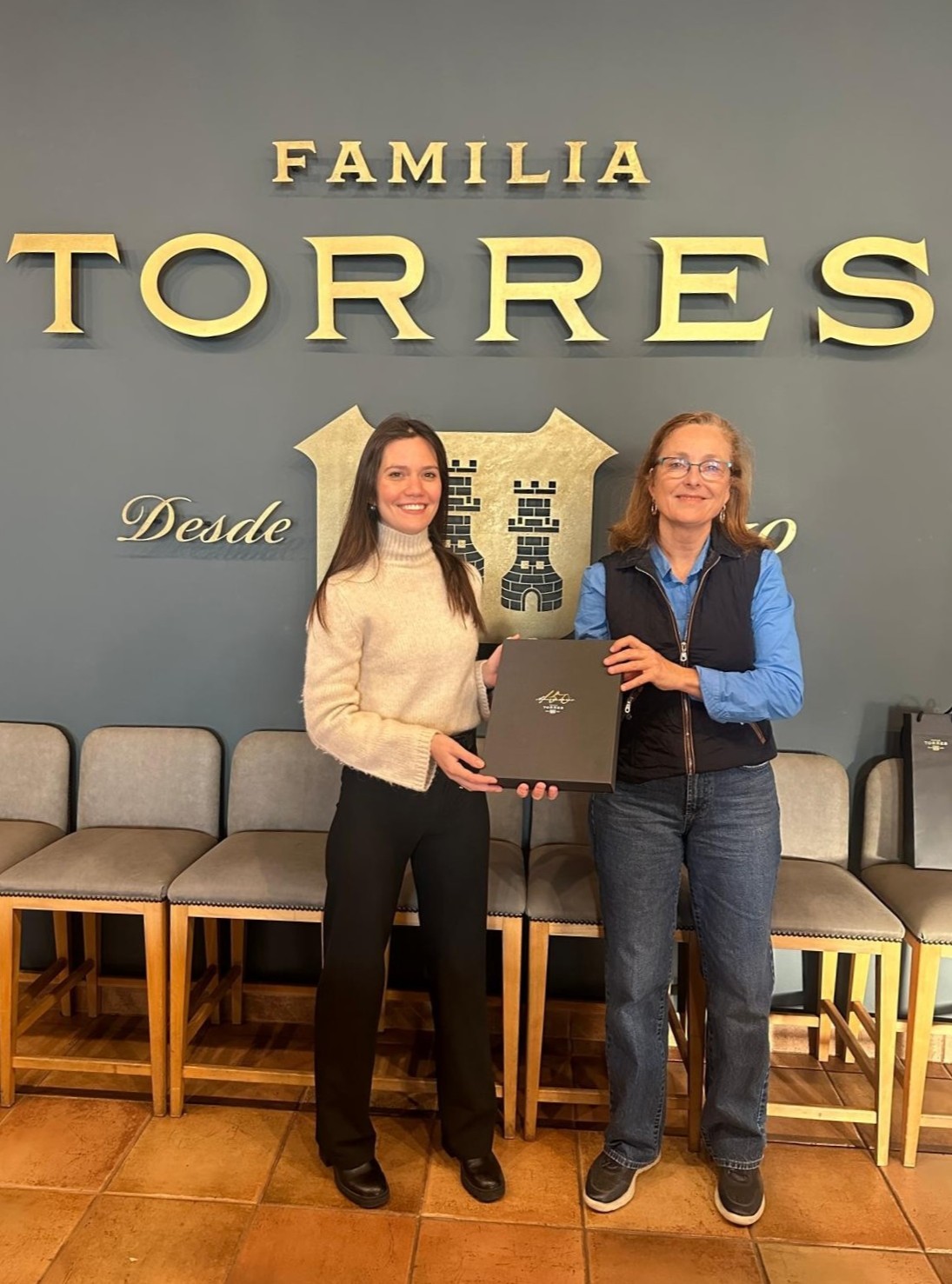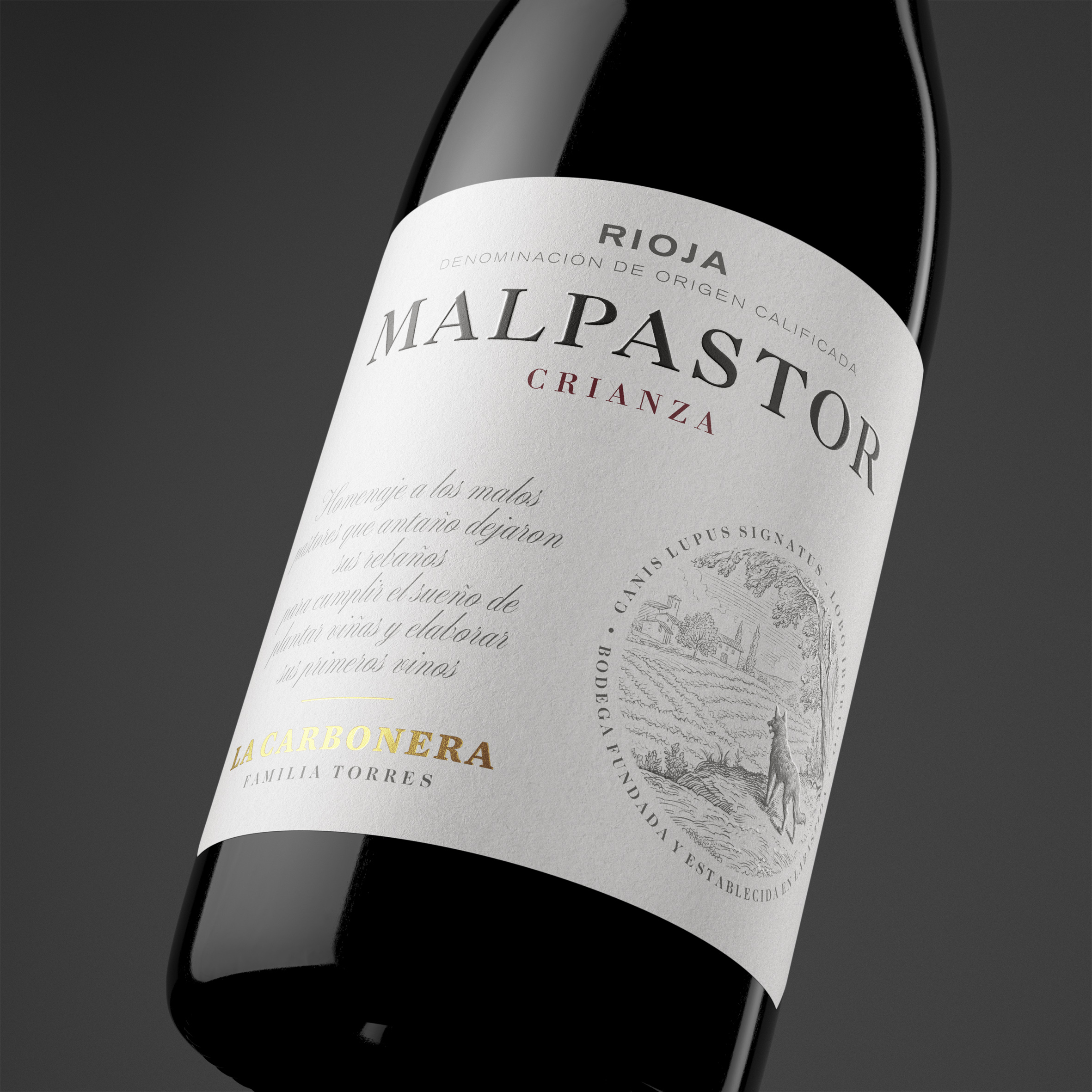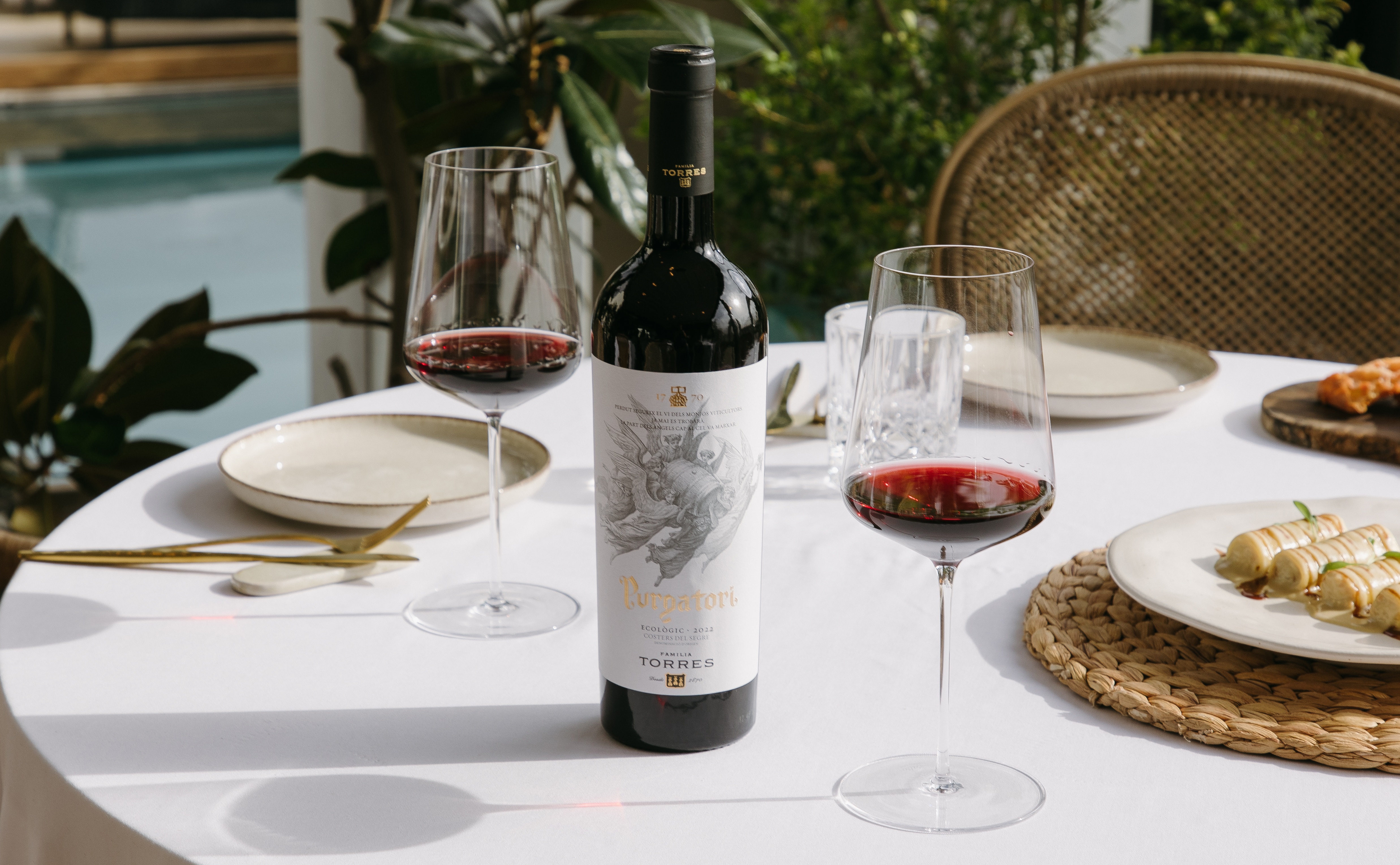The Regenerative Viticulture Alliance (RVA) international certification is the highest standard in regenerative viticulture that enables vine growers, producers, and consumers to champion climate action through vine growing that improves the health of the vineyards and the soils and has a positive impact in terms of biodiversity, carbon sequestration, and water cycles in production areas.
The RVA, which goes into effect in April, is a global certification focused exclusively on vine growing, created by the Association of in cooperation with The Regenerative Viticulture Foundation, and the independent international certification entity Ecocert to verify compliance with regenerative practices in the vineyards. The aim is twofold: on the one hand, to publicly recognize the efforts made by vine growers and producers around the world who implement this winegrowing model and, on the other, to certify the wines that come from regenerative vineyards, which help to mitigate the effects of global warming thanks to acting as carbon sinks.
The minimum requirements to obtain this certification are to have been working with regenerative viticulture for at least one year; to have completed training on the subject (introductory course taught by the Association); and to do physicochemical analyses of the soil through accredited laboratories and qualitative analyses once a year. Wines that apply for the RVA seal must be certified organic or demonstrate that they come from vineyards that have been grown organically for at least three years following the rules currently in force.
Vine growers and wine producers who start the certification process will have a mobile app (also available as a web app) that has a detailed work plan and a field notebook to keep track of the practices implemented and monitor the development of the vineyard. To certify the vineyards as regenerative, the vine growers must carry out an annual self-assessment using the app and a certification visit for the vineyards every three years, while the wines will be certified every through visits to the winery by the certifying company.
There is also a transitional RVA status, indicated as ‘RVA Transition’, that vine growers can use for up to six years if they are not implementing all the practices recommended by the standard. Once all the regenerative viticulture practices are implemented, these growers will obtain the ‘RVA Certified’ seal.
According to Miguel Torres, president of the Association of Regenerative Viticulture: ‘We want to promote regenerative viticulture around the world since it aims to return life to the soils and fight against climate change. This certification gives vine growers the tools needed to understand regenerative practices better and to monitor them more effectively, through the app that’s linked to the certification, so it’s a procedure that’s easy and intuitive, without any red tape, and accessible to any vine grower or wine producer who implements the required practices’.
The mandatory regenerative practices established by the RVA include ground cover, no tilling, organic soil conditioners, rational grazing (or replacement mechanical control), preserving or increasing biodiversity, doing field testing and microbiological analyses, and ensuring animal welfare and decent working conditions. Optional practices include water management, the use of phytotherapy, and natural soil improvement methods.
RVA certification can be applied for using the form found on the Association of Regenerative Viticulture website.
RVA Certification • Regenerative Viticulture Association




